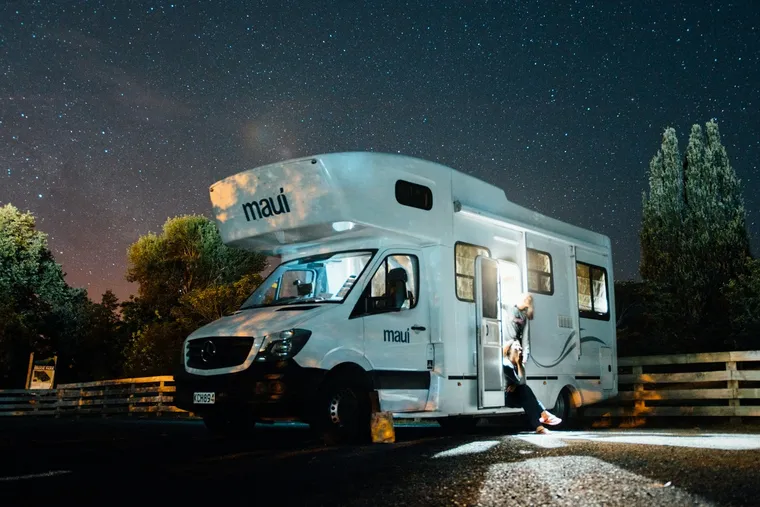Purchasing a recreational vehicle (RV) through a foreclosure sale can be an excellent way to save money while acquiring a dream vehicle for road trips and adventures. However, navigating the world of foreclosed RVs requires a clear understanding of the process, potential risks, and benefits. This guide will help you explore the opportunities and challenges of buying a foreclosed RV, ensuring you make an informed decision.
Understanding Foreclosed RVs
Foreclosed RVs are vehicles repossessed by lenders or financial institutions when the original owners default on their loans. These vehicles are typically sold at a significant discount, often through auctions, dealerships, or directly by banks. Because lenders are eager to recover their losses, these RVs can be priced well below market value, making them an attractive option for savvy buyers. However, unlike traditional RV sales, foreclosed units may not come with warranties or guarantees, so due diligence is crucial.
Where to Find Foreclosed RV Sales
Foreclosed RVs can be found through various sources, including online auction platforms, local RV dealerships, bank listings, and government auction websites. Online platforms like eBay Motors and RV-specific auction sites are excellent starting points for finding deals. Banks and credit unions often list repossessed vehicles on their websites or work with specialized auction houses to facilitate sales. Additionally, attending live auctions can provide opportunities to inspect the RV in person before bidding. Understanding the source and auction terms is vital to avoid hidden fees or surprises.
Evaluating the Condition of a Foreclosed RV
One of the biggest challenges with buying a foreclosed RV is evaluating its condition. Many foreclosed RVs are sold "as-is," meaning the buyer is responsible for all repairs and maintenance. It's essential to inspect the vehicle thoroughly or hire a professional RV inspector to identify potential issues such as water damage, engine problems, or interior wear and tear. Reviewing the RV’s maintenance history, if available, can also provide insight into its overall condition. Investing time and effort into a pre-purchase inspection can save you from costly repairs down the road.
Tips for Successful Bidding and Negotiation
When bidding on a foreclosed RV, setting a maximum budget and sticking to it is essential. Auctions can become competitive, and emotional bidding may lead to overspending. Research the RV's market value to determine a fair price and factor in potential repair costs. If purchasing through a dealership or directly from a bank, don’t hesitate to negotiate the price. Many institutions are willing to lower the asking price to close the sale quickly. Ensuring all paperwork, including the title and registration, is in order is equally important to avoid legal complications.
Conclusion
Buying a foreclosed RV can be a cost-effective way to join the RV lifestyle, offering significant savings compared to traditional purchases. However, the process requires careful research, inspection, and strategic planning to ensure you get the best deal. By understanding the foreclosure process, evaluating the RV’s condition, and approaching bidding or negotiations wisely, you can turn a potentially risky purchase into a rewarding investment. With patience and preparation, a foreclosed RV could become your ticket to exploring the open road without breaking the bank.

